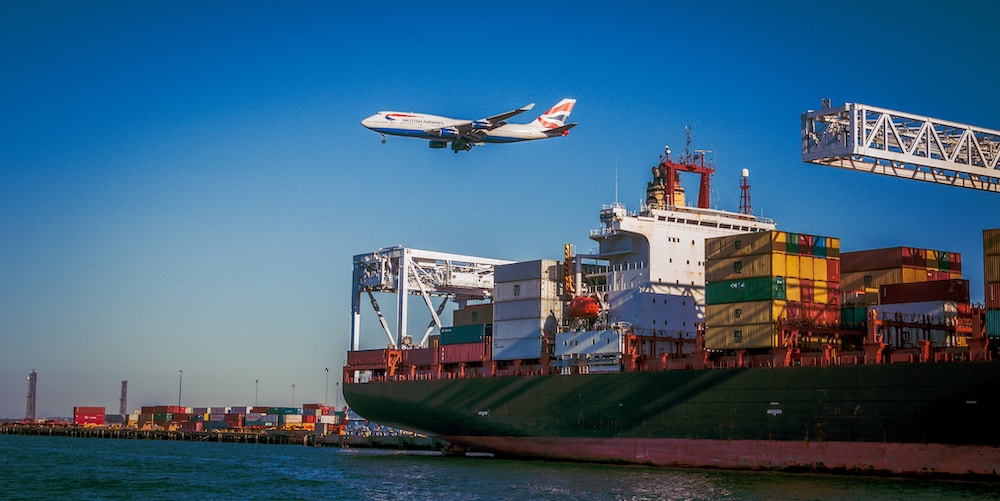War. It’s not a topic anyone wants to consider. But it certainly could be in our near future. Since the summer of 2019, tensions have been high between the US and Iran. And regardless of your political leanings, war brings with it serious implications. If you have a business that relies on shipping, one of the big challenges of war is its impact on global shipping costs.
Transportation Challenges
While not all companies ship around the world, for those that do, the Strait of Hormuz is a common thoroughfare. Linking the Persian Gulf with the Gulf of Oman and the Arabian Sea, this 90-mile waterway is significant for transportation, in addition to its strategic importance.
Oil tankers are the primary users of the Strait of Hormuz, with roughly 20% passing through as they collect from ports along the Persian Gulf en route to western destinations. However, its use is not limited to oil and natural gas. In the last decade, nearly one-third of all shipments by sea navigated the strait to reach their final destinations.
There are two inherent issues with tankers transporting across this part of the world: threat of attacks and—as a result—skyrocketing insurance rates.
Unsafe Waters
According to a January 2020 Wall Street Journal article, one major tanker operator says he is not currently worried about strikes after receiving verbal assurances of safety from Iran. But others are not as confident.
With documented attacks on oil tankers in just the past few weeks and months, many tanker operators are feeling the effects of the conflict. Some may choose alternate routes if the situation continues to escalate. That option brings about transportation delays as well as additional costs associated with a longer route.
For those who continue to traverse the Strait of Hormuz, the most immediate effect that many are confronting is higher insurance rates.
Higher Insurance Rates Result from Threat of War
When tankers are attacked or seized, there is a cost. Obviously, the safety of the crew needs to be considered, which is why some shipping companies are seeking alternative routes away from the volatile Middle East. In addition, the threat of war is having a huge effect on global shipping costs due to a bump in insurance rates. Referred to as war-risk premiums, these additional fees are paid by transportation companies entering high-risk areas.
The premiums are calculated on the value of the ship over a seven-day period. Currently, that averages to .35% of insurance costs, which is a boost from .15% in December. In terms of actual dollars, that can add $150,000 to $200,000 per ship per voyage.
While cargo ship sizes vary, a typical load is up to 8,000 containers, meaning that the additional insurance costs will likely be spread across multiple companies. Does that mean you can expect increased fees?
Will War Affect Your Global Shipping Costs?
Shipping via liner is the most cost-effective mode of transportation, and it should continue to be so even with the higher insurance rates. However, they will have an impact on overall costs.
While no one can predict if a war between Iran and the US will occur—or when—one thing we do know is that the issues in the Middle East are definitely affecting global shipping. And when global shipping costs increase as a result of war or other imminent dangers, that has an effect on companies as well as consumers.
If you have questions about how world events will affect your company’s shipping needs, trust Cyclone Shipping. We are specialists in international import and export freight-forwarding services of high-density cargo. With our knowledge and ability to plan ahead, your company will always be at the forefront of the industry. Contact us to learn more.




